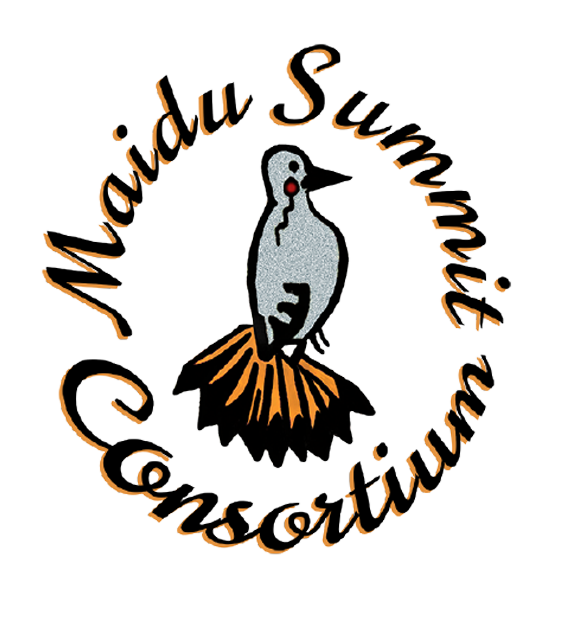Talking T.E.K.
The Maidu Summit has been striving to co-manage their lands through many ways of knowing and a perspective of long-term Indigenous land management. The land was placed under a conservation easement overseen by co-stewards, the Maidu Summit Consortium and the Feather River Land Trust. Stewardship not only includes Yamonim Maidum Traditional Ecological Knowledge (T.E.K.), but Process-based restoration as well.
Indigenous traditional ecological knowledge
Traditional ecological knowledge of the Indigenous peoples is intertwined throughout generations, evolving alongside the peoples. The knowledge of our connection to the land, how we care for and steward our Homeplace (Photo: Sophia Williams).
The survivance of our knowledge system…
The survivance or survival through resistance of our knowledge system has long been perpetuated by Yamonim (Mountain) Maidu (TK LMP 2019). Throughout generations of genocide and assimilation, there has always been Yamonim Maidum to protect their Homeplace. The continuance of our knowledge systems is directly related to our connection with Homeplace, and their beings both plant and animal (Gorbet; TK LMP, 2019). The Maidu Summit Consortium alongside many other Maidum (people), and tribal organizations have worked collaboratively to ensure the safety and return of their lands. This has led to the return or acknowledgement of traditional Maidu ecology, land management, and stewardship (TK LMP 2019). Traditional ecological knowledge, and restoration efforts co-align with process-based restoration, being led by traditional and western knowledge holders (Purdy 2020).
Reconciliation through research
The healing of Maidu and their Homeplace requires ecological knowledge.
“She (Marie Potts) is fundamentally confusing, Indian and modern at the same time, she refuses to inhabit the settler identity and body that her literacy and schooling are meant to affect. She remains native, wielding to her own advantage tools designed to reshape her sensibilities and identities, to eliminate her native belonging.”



